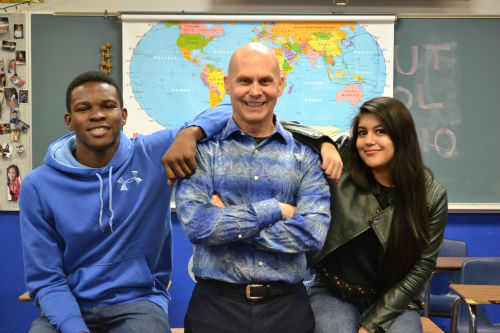
DR. Tracey C. Burns is a Project Leader at the OECD’s Centre for Educational Research and Innovation, Directorate for Education and Skills in Paris (@OECD_Edu). She is considered a global expert on the subject of bullying. She notes “there is a huge amount of political attention being paid to the issue” and she summarizes this serious global problem as follows:
- In terms of prevalence, the bottom line is that it appears that traditional forms of bullying are remaining steady in terms of frequency while cyber bullying is increasing, although it is still not as common as face to face bullying.
- Bullies, motivated to enhance their status among their peers, bully in front of witnesses, whose approval (or at least tacit silence) ist entscheidend. They tend to choose their victims from those who sit in the bottom line of the social ledger, those least able to fight back. And it works, both to raise the popularity of the bully and to hurt the victim.
- There are several commonly accepted myths about the causes of bullying for which there is no supporting evidence. These include claims that bullying stems from large class or school sizes, competition for grades, or other school life pressures. Another common assumption is that bullies suffer from poor self-esteem and insecurity.
Was kann getan werden,? Wir haben unsere Top 12 Global Teacher Bloggers to share their answers to this question: Was gibt mehrere Möglichkeiten, wie Sie sehen echte Mobbing reduziert haben?
Geworben durch Top 12 Global Blogger Todd Finley (finleyt), James Alan Sturtevant (jamessturtevant), Social Studies teacher at Big Walnut High School in Sunbury, Ohio and Author of You’ve Gotta Connect, makes the bold recommendation that reaching out to bullies can sometimes be as important as punishment. In his words, “Harsh consequences don’t always work, can make bullies worse, and sometimes evoke retribution for unfortunate victims.” Reaching out does not mean excusing but remaining in stealth dialogue to foster potential positive influence. Weiterlesen.
Pauline Hawkins (PaulineDHawkins), Autor Gelegentlich Kern: 25 Möglichkeiten, helfen Sie Ihrem Kind Succeed in einem Ausstecher Bildungswesen, says the only way to reduce bullying is to be a good role model in your treatment of others, as a parent or teacher. She cautions, “The anti-bullying programs in schools will have little influence on students if the adults in their lives are not teaching and modeling respect.” Weiterlesen.
Adam Steiner (@steineredtech) dispels myths about cyberbullying and provides much needed pragmatic advice to school administrators. One of many gems is that no school, no matter how genial it is in real life, is exempt from online bullying. Weiterlesen.
Von Australien, Lisa Currie (RippleKindness), Schöpfer des Ripple Kindness-Projekt, provided two insightful articles this month. The first proposes that social and emotional learning must be emphasized in schools to reduce bullying. Rather than merely blaming the bully, other factors must be looked into-such as a lack of character building education. Weiterlesen.
Lisa’s second article elaborates on the beneficiality of emotional learning by pointing to studies that show how the practice of kindness not only produces joy but also reduces bullying in schools. Weiterlesen.
Vicki Davis (coolcatteacher) uses personal experience to give surefire ways to nip bullying in the bud. One of her advisements is to form allies with peers. Her real world advice will be a must to concerned students. Weiterlesen.
Aus Neuseeland, Craig Kemp (mrkempnz) offers three tools that parents and administrators will find very assuring in combating bullying. One is creating a culture of trust from the top down, another is educating parents. He provides useful tips for how to get started in this process. Weiterlesen.
Tom Bennett (@ Tombennett71), Joe Bower, Susan Bowles (FloridaKteacher), Lisa Currie, Vicki Davis, Todd Finley, Pauline Hawkins, Craig Kemp, Karen Lirenman (KLirenman), Adam Steiner, Silvia Tolisano (langwitches), und Richard Wells (iPadWells) gibt Die globale Suche nach Bildung 2014 Top 12 Globale Lehrer Bloggers.
Our special thanks to Dr. Tracey Burns at the OECD in Paris. Weitere Informationen: http://oecdeducationtoday.blogspot.fr/2014/10/combatting-bullying-in-schools.html und http://www.oecd.org/edu/ceri/Spotlight%205-%20Infinite%20Connections.pdf
(Lead Photograph featuring TJ Coates and Dorali Arambula with James Alan Sturtevant is courtesy of Caroline Prater)
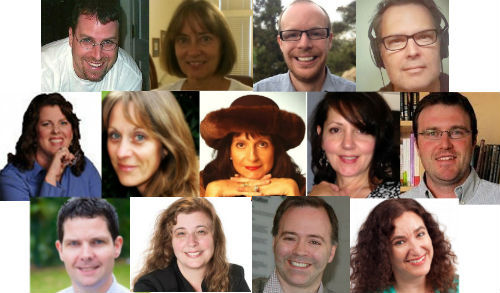

Begleiten Sie mich und weltweit renommierten Vordenkern wie Sir Michael Barber (Vereinigtes Königreich), DR. Michael Block (US-), DR. Leon Botstein (US-), Professor Ton Christensen (US-), DR. Linda Hammond-Liebling (US-), DR. MadhavChavan (Indien), Professor Michael Fullan (Kanada), Professor Howard Gardner (US-), Professor Andy Hargreaves (US-), Professor Yvonne Hellman (Niederlande), Professor Kristin Helstad (Norwegen), Jean Hendrickson (US-), Professor Rose Hipkins (Neuseeland), Professor Cornelia Hoogland (Kanada), Herr Jeff Johnson (Kanada), Frau. Chantal Kaufmann (Belgien), DR. EijaKauppinen (Finnland), Staatssekretär TapioKosunen (Finnland), Professor Dominique Lafontaine (Belgien), Professor Hugh Lauder (Vereinigtes Königreich), Herr Ken Macdonald (Vereinigtes Königreich), Professor Geoff Masters (Australien), Professor Barry McGaw (Australien), Shiv Nadar (Indien), Professor R. Natarajan (Indien), DR. PAK NG (Singapur), DR. Denise Papst (US), Sridhar Rajagopalan (Indien), DR. Diane Ravitch (US-), Richard Wilson Riley (US-), Sir Ken Robinson (Vereinigtes Königreich), Professor Pasi Sahlberg (Finnland), Professor Manabu Sato (Japan), Andreas Schleicher (PISA, OECD), DR. Anthony Seldon (Vereinigtes Königreich), DR. David Shaffer (US-), DR. Kirsten Sivesind (Norwegen), Kanzler Stephen Spahn (US-), Yves Theze (LyceeFrancais US-), Professor Charles Ungerleider (Kanada), Professor Tony Wagner (US-), Sir David Watson (Vereinigtes Königreich), Professor Dylan Wiliam (Vereinigtes Königreich), DR. Mark Wormald (Vereinigtes Königreich), Professor Theo Wubbels (Niederlande), Professor Michael Young (Vereinigtes Königreich), und Professor Zhang Minxuan (China) wie sie das große Bild Bildung Fragen, die alle Nationen heute konfrontiert erkunden. Die Global Search for Education Community-Seite
C. M. Rubin ist der Autor von zwei weit Lese Online-Serie für den sie eine 2011 Upton Sinclair Auszeichnung, “Die globale Suche nach Bildung” und “Wie werden wir gelesen?” Sie ist auch der Autor von drei Bestseller-Bücher, Inklusive The Real Alice im Wunderland, ist der Herausgeber des CMRubinWorld, und ist ein Disruptor Foundation Fellow.
Folgen Sie C. M. Rubin auf Twitter: www.twitter.com/@cmrubinworld

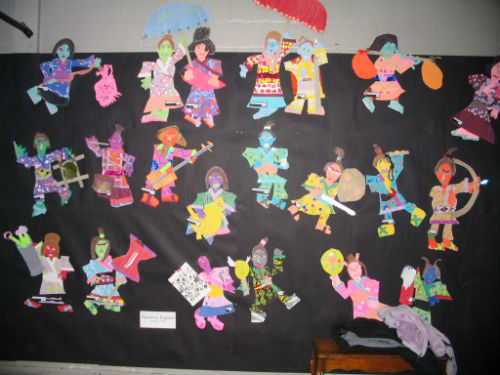
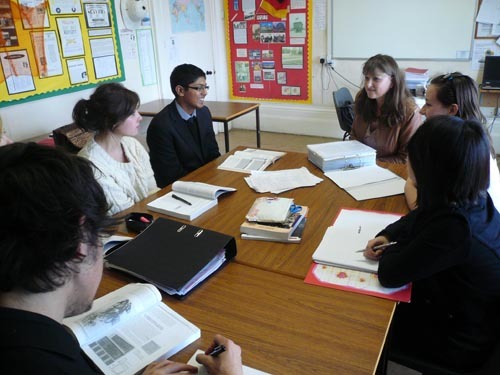

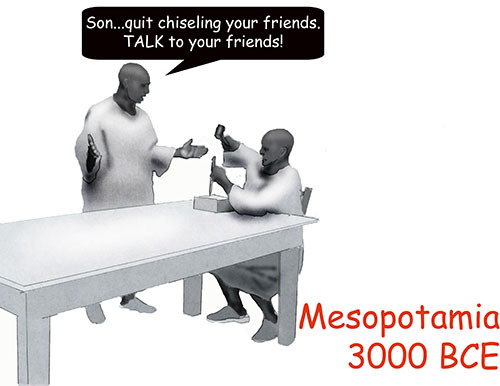
Jüngste Kommentare